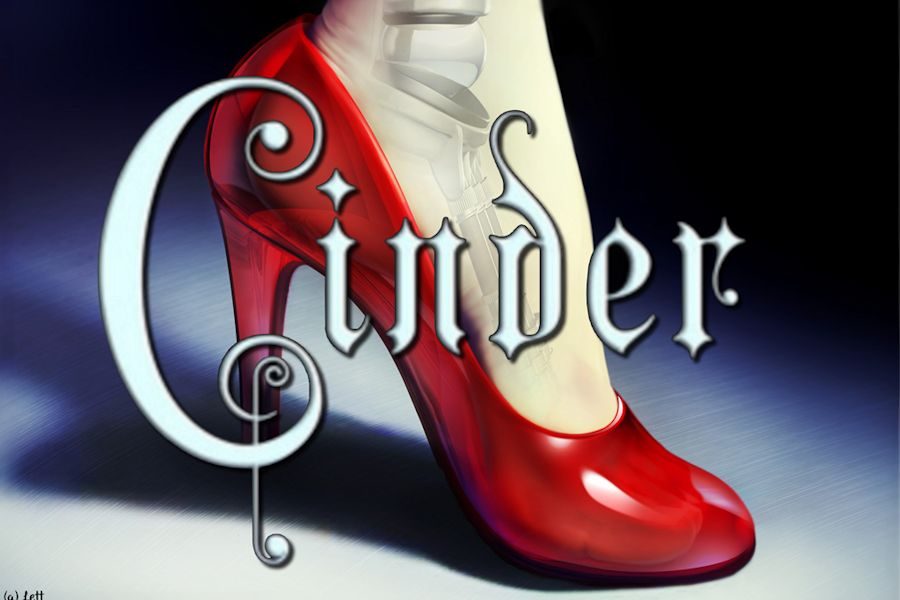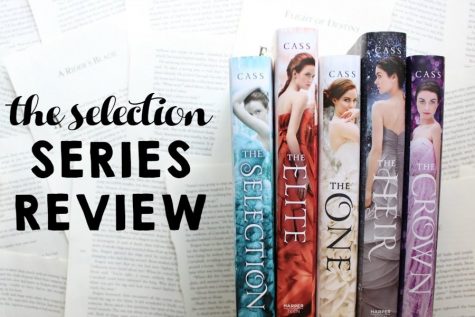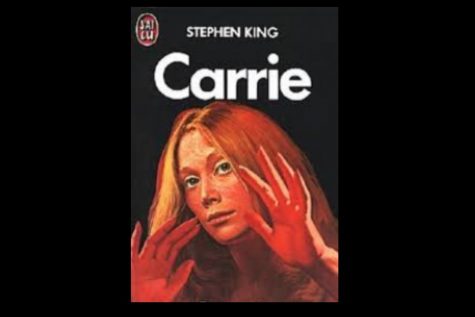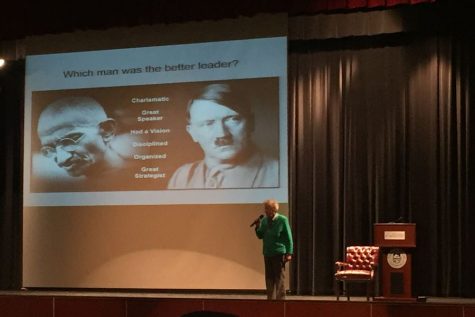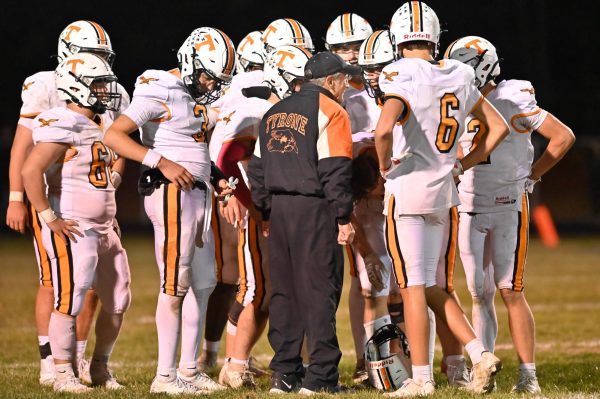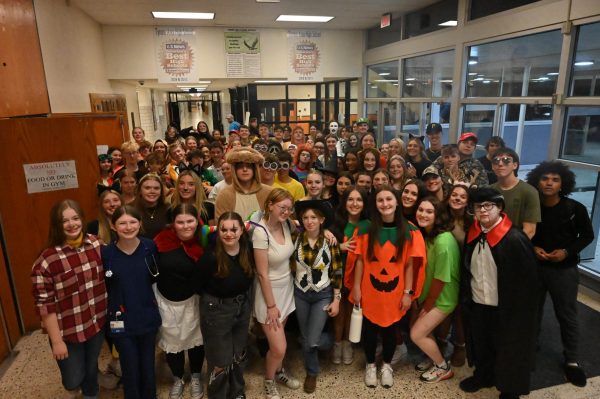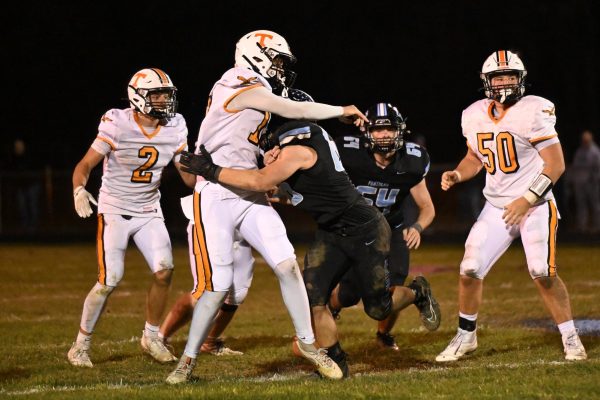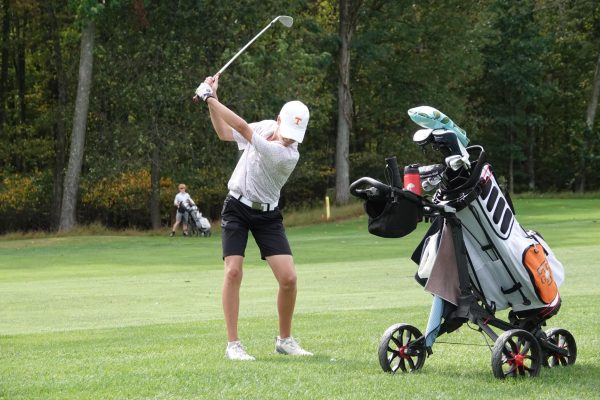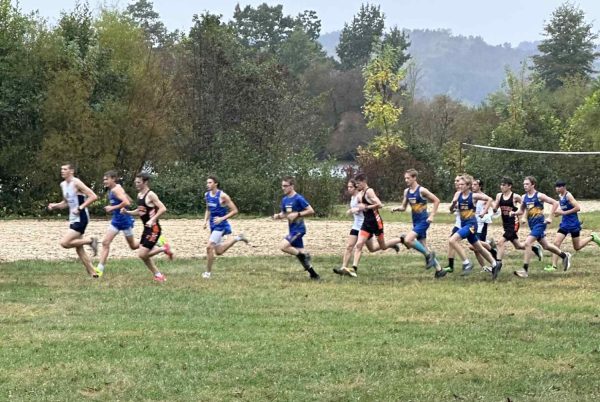Book Review: Cinder by Marissa Meyer
When one thinks of a revolutionary, one often thinks of a decorated war general, or a gang leader who tries to overthrow a ruthless dictator. These revolutionaries are often portrayed as strong and chivalrous. In the novel, Cinder, by Marissa Meyer, a different kind of revolutionary is uncovered. With the world in turmoil, an unconventional leader arises from the bottom of the society to overthrow a tyrannical dictator. Based on the popular tale, Cinderella, Meyer takes a childhood classic and gives it unique science-fiction twists which appeal to high school students.
Cinder is based on the story of Cinderella. However, rather than being covered in ashes, Cinder is a grease-covered mechanic, the best mechanic in the city. Similar to the fairy-tale version, she has an “evil stepmother” who is her guardian and two stepsisters. She is a servant in their house who has to fix their malfunctioning electronics and provide their income.
However, the most obvious parallel to the original fairy tale is when Cinder falls in love with Prince Kai. Their different social statuses should have prevented them from ever meeting-just like the classic version of Cinderella. She is an orphan who is constantly looked down upon by others in society. She doesn’t own any elegant clothes or a fancy house; she’s just a simple mechanic. Prince Kai, on the other hand, is famous. He lives in a giant castle with billions of adoring subjects. Almost every girl in the country, in fact the whole world, has a crush on him. Yet through a chance encounter, he falls in love with Cinder.
Meyer gives this classic tale several science-fictional twists. One way she does this is by making Cinder a cyborg. As the result of an accident from her childhood, she has a metal leg, a metal hand, and her brain has a computer which controls her metal limbs. Meyer uses Cinder’s mechanical appendages to change part of the plot to be more futuristic. Rather than lose her shoe at the ball, Cinder loses her metal foot.
Another change Meyer made to the original story is Iko. She is a robot, called an android, who works for Cinder’s stepmother. Rather than having pet mice as her best friends, Cinder has Iko as her confidant.
Another reason high school students should read Cinder is because of its relevant conflict. Cinder is often negatively viewed because she is cyborg. Feared by normal people because of their abnormalities and special talents, cyborgs are treated like second-class citizens in their countries. There are many laws that restrict Cinder and discriminate against her and other cyborgs. People are also very judgemental of Cinder and segregate her from themselves. Due to prejudice, she knew she would not be able to attend the annual ball to which all citizens are invited.
Many people are able to relate to this feeling of separation. For some people, they may be able to relate to the discriminatory laws or segregation. Others may understand this injustice in a less literal way. They may be bullied for acting “odd” or for the way they dress. Maybe people talk about them behind their backs or spread rumors about them. Those people often feel alienated or separated from everyone else as a result of this treatment.
An additional conflict which Cinder confronts is her inability to be accepted by her stepfamily. Her stepmother, Adri, and her stepsister, Pearl, treat her as a slave rather than a family member. They expect her to do chores for them and constantly belittle her. The money Cinder makes at the market is spent purchasing her stepsisters beautiful gowns, whereas Cinder is not even allowed to purchase a foot to replace the one which she outgrew years ago.
Many readers understand this feeling of not belonging to their families. Oftentimes, they feel that their family is “out to ruin their lives.” This can be especially relatable to those who live with step-parents or adopted parents. They may feel as though they do not belong and are unable to connect to their parents and other siblings. As a result, readers are able to empathize with Cinder’s inability to belong with her family.
Cinder may not be who is imagined when one thinks of a revolutionary. She does not embody the usual characteristics used to portray a revolutionary, such as great strength and fortitude. However, she embodies other characteristics which appeal to readers, such as determination and loyalty.

Reading and writing are a big part of the reason senior Taylor Hoover decided to join the Eagle Eye staff team for the first time. She is ready to tackle...



